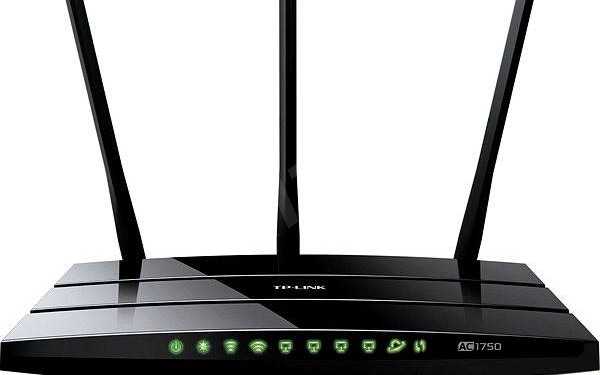The Annual General Meetings (AGM) of Reliance Industries is akin to a horror film for its competitors. In every AGM, the company comes with a new plan to corner its competitors, and the latest victims of Reliance are the broadband players in the country. Isha Ambani, daughter of Mukesh Ambani unveiled the plan of what could result in the biggest disruption in broadband internet services. Mukesh Ambani, Chairman and Managing Director of Reliance Industries said, “We will now extend fiber connectivity to homes, merchants, small and medium enterprises and large enterprises simultaneously across 1,100 cities to offer the most advanced fiber-based broadband connectivity solutions, Starting this Independence Day, 15 August, you can start registering your interest for Jio GigaFiber through both MyJio app and Jio.com. This data will be used to prioritize the rollout of Jio GigaFiber, which aims to be the largest greenfield fixed-line broadband rollout anywhere in the world.” Two of the main features of Jio GigaFiber will be Smart Home Technology and TV calling. Jio GigaFiber broadband will come with a set-top box for TV. It will have enabled voice command feature for TV.
As of now, the big players in broadband service providers are Airtel, Hathway and many other smaller players in many different cities. These companies have kept their prices relatively high, with an average connection costing Rs 1000 per month. Also, these companies provide data through a wired copper cable, while Jio will be providing it through Fiber to the Home (FTTH) technology. Currently, Reliance Jio is running beta trials of Jio GigaFiber in tens of thousands of homes. The Fiber technology is more efficient, dramatically increases speed and quality, and improves the experience of surfing, gaming and streaming.
FTTH could be 100 times faster than traditional modem connections. The average internet speed in the country is much slower than the prevailing international standards. India ranks 97th globally in internet speed rankings. The optical fiber network will help people to get high-speed internet and the country will be able to compete with international standards.
Reliance is known for its aggressive pricing strategies in the market. It was the first company to come up with a plan for free incoming calls in India. Reliance Jio entered the market in late 2016, which had with its low pricing captured almost 15 percent of the Indian market within a short span of only one and a half years. The other big private companies competing are Vodafone-Idea, which controls almost 36 percent of the market since the merger in 2017, along with Sunil Mittal-led Bharti Airtel which controls 33 percent of the market. State-owned BSNL controls 10 percent of the market share.
The leadership style of Mukesh Ambani epitomizes the traditional Indian style of running a Hindu undivided family business. He involves himself in every large-scale project and is known for his ability to visualize, conceive and implement mega projects down to the last screw and nail. He is a 24*7 businessman with a low profile and workaholic persona; he hardly interacts with the media except on the company’s annual day functions. He is known to work towards a monopoly in the markets, a style similar to his father’s. In the early days of the business, his father monopolized the thread-making business, and now he is himself doing the same in the telecommunication market. Since his company entered the market with 1GB free data and unlimited free calling package throughout India, the prices of calling and data services have crashed significantly. Within a short period of a year, his company captured almost 15 percent of the telecommunications market. Friends and rivals use two words to describe Mukesh: obsessive and ruthless.

























